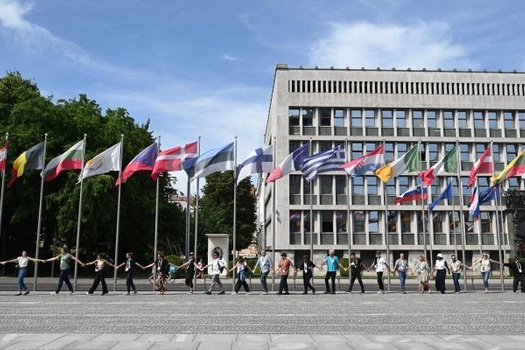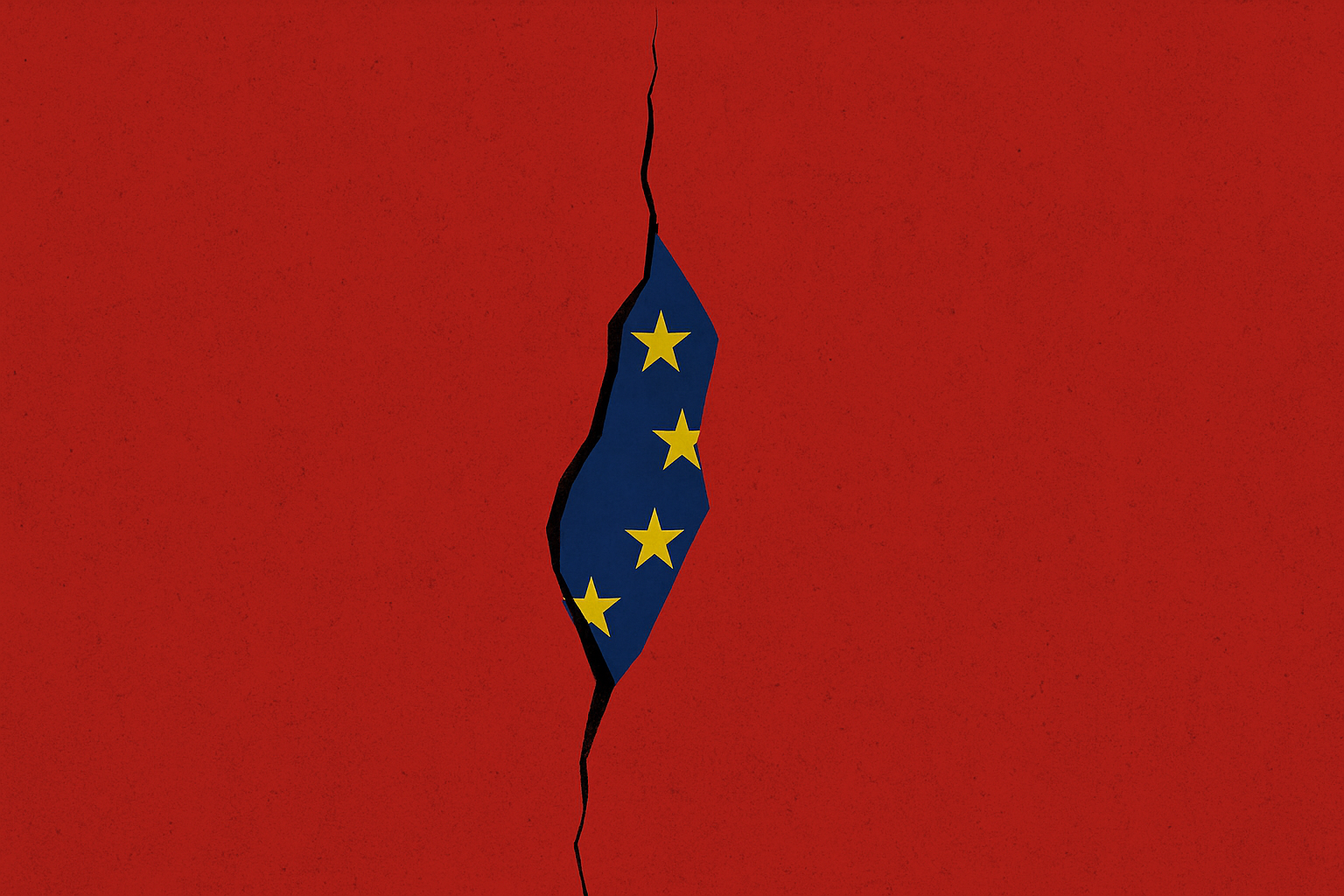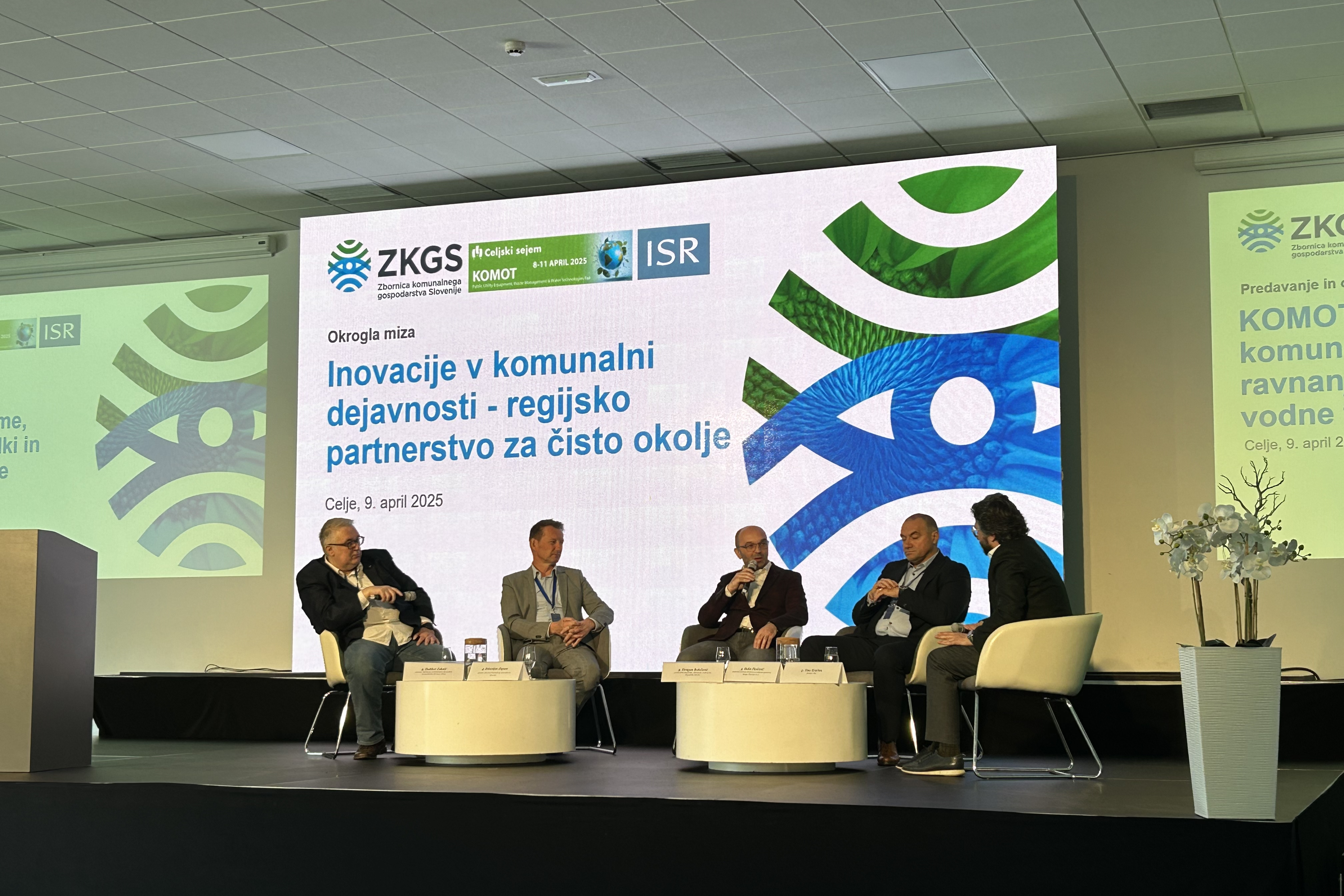Strategic sustainability reporting: Practical insights for small and medium enterprises
Barbara Matjašič
JOURNALIST AT THE ADRIATIC
The record-breaking temperatures of 2023, alongside natural hazards like floods, landslides and droughts in the Western Balkans, underscore the urgent risks posed by climate change, pollution, and other environmental pressures. Climate change poses a universal threat to businesses, affecting entities of all sizes and industries. Small and medium enterprises (SMEs), which play vital roles in innovation, economic growth and job creation, are especially vulnerable due to their limited resources and susceptibility to global market shifts. Disruptions in supply chains, raw material shortages, and increasing financing and insurance costs for their operations, make it crucial for these businesses to implement sustainability measures promptly.
Where to start?
A strategic starting point is conducting a climate risk assessment and adjusting business models to align with emerging sustainability standards. These steps are critical as they not only mitigate the impacts of climate change but also position businesses favorably in a market that increasingly values sustainable practices.
To support SMEs in these efforts, the European Financial Reporting Advisory Group (EFRAG) has introduced two exposure drafts 1 on sustainability reporting standards for SMEs. The first draft targets SMEs with publicly traded securities (bonds, shares and other), small and non-complex institutions (SNCIs), captive insurers and reinsurers, collectively known as LSMEs. ESRS LSME ED will become mandatory on January 1, 2026, but companies can choose to delay compliance for two years. Its goal is to establish reporting requirements that match the scale and capabilities of LSMEs, making it easier for them to access financing and ensuring they are not unfairly treated by financial markets through standardized sustainability information. The second draft aims to help non-listed SMEs (micro-, small- and medium-sized enterprises) efficiently handle requests for sustainability information from banks, investors, and other business partners. Known as VSME ED, it provides a simplified reporting tool intended to unify the current varied environmental, social, and governance (ESG) data requests, reduce the number of these requests and help these companies to better connect with lenders, investors, and clients.
Both standards serve as a preliminary guide for data collection and are a precursor to more stringent reporting requirements expected by mid 2024. While compliance with this standard is not yet mandatory, it signals the direction of European regulatory expectations and helps businesses prepare for future obligations.
A kind reminder: On July 31, 2023, the European Commission adopted the European Sustainability Reporting Standards (ESRS), which will be applied by all companies subject to the Corporate Sustainability Reporting Directive (CSRD). The Commission later acknowledged that small and medium-sized enterprises (SMEs) might not have the same resources as required by the CSRD for large companies. To assist SMEs in meeting these requirements, EFRAG got involved and developed a simplified version of the ESRS, tailored to the smaller size and specific needs of SMEs. Generally, other standards such as the Global Reporting Initiative (GRI), ISO standards by the International Organization for Standardization, and the International Sustainability Standards Board (ISSB) are aligning with EFRAG’s expectations, as these organizations strive for interoperability. To this end, they have signed coordination memorandums.
Despite the current voluntary nature of ESRS LSME ED and VSME ED standards, it is anticipated that they will become essential benchmarks in European procurement and sustainability initiatives. SMEs will need to disclose specific Environmental, Social, and Governance (ESG) indicators, particularly when part of larger supply chains, underscoring the importance of proactive engagement in sustainability reporting.
To navigate these upcoming changes, companies are advised to seek expert guidance. Our consultancy specializes in assisting organizations to develop their sustainability reporting strategies effectively. Our team not only aids in report preparation but also equips businesses with the necessary knowledge to manage compliance efficiently. “Our job is to dispel fears and preconceptions about sustainability reporting. Yes, it can be done even without large, specialised departments. Yes, it can be a source of competitive advantage for small firms. An SME itself, ISR understands the unique challenges and opportunities of this class of enterprises.” says Jure Stojan, partner and director of development and research at ISR.
In conclusion, early preparation for sustainability reporting is not just about compliance; it’s about securing a competitive edge in a fast-evolving corporate landscape where sustainability is central to business success and resilience.
1 https://www.efrag.org/News/Public-479/EFRAGs-public-consultation-on-two-Exposure-Drafts-on-sustainability-r









